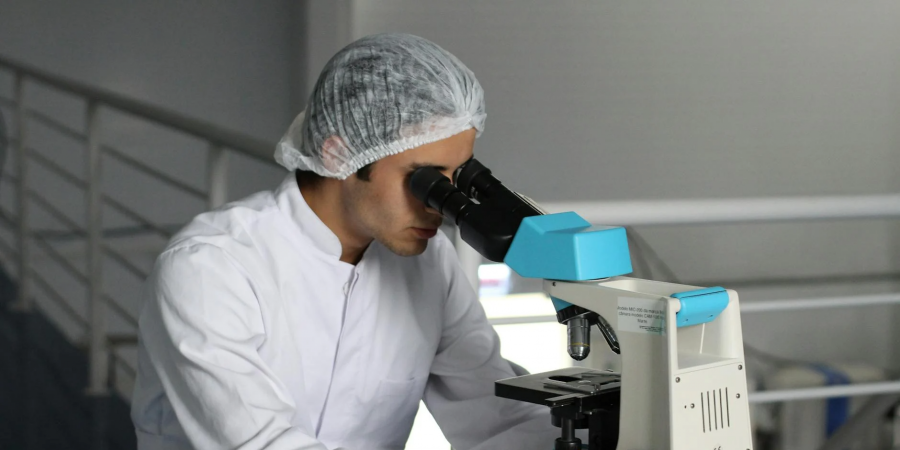

On September 22, 1791, Michael Faraday was born in South London. His parents were unable to provide him with a decent life because he was so impoverished. He barely obtained a rudimentary education and faced several challenges throughout his life. He had developed a strong interest in science by the time he aged 14. Regretfully, he was unable to make arrangements for funding his further studies. Nevertheless, his parents were unable to provide for their family, so Michael Faraday chose to perform odd jobs to support them. He was learning how to bind scientific books as an apprentice to a local bookbinder. He read the books he bound and educated himself in science for seven years. No one was interested in hiring him, so he approached a number of scientists to serve as their assistant. After encountering
The rural Surrey village of Newington, which is now a suburb of South London, is where Michael Faraday was born. Earlier in 1791, his father, a blacksmith, moved from the north of England in search of employment. His mother was a wise and serene rural woman who provided her son with emotional support during a challenging upbringing. Due to their father's frequent illness and inability to work consistently, Faraday was one of four children who struggled to eat enough. Later, Faraday recalled that he was given a single loaf of bread that was supposed to last him a week. Throughout his life, Faraday had spiritual support from the Sandemanians, a minor Christian sect that the family adhered to. It was the lone
Induction between wire coils is demonstrated by Faraday's experiment: A magnetic field is produced when a current from the liquid battery (right) passes through the tiny coil (A). There is no induced current when the coils are motionless. However, the magnetic flux through the large coil (B) varies as the small coil is moved in or out of it, causing a current to be induced that the galvanometer (G) detects.[1] A spatially varying (and possibly time-varying, depending on how a magnetic field varies in time) electric field always accompanies a time-varying magnetic field, according to the Maxwell–Faraday equation (one of Maxwell's equations), while Faraday's law asserts that emf (electromagnetic work done on a unit charge after it has traveled one round of
Araday, one of the finest experimental physicists of all time and the best electrical and magnetism experimenter of the 19th century,
